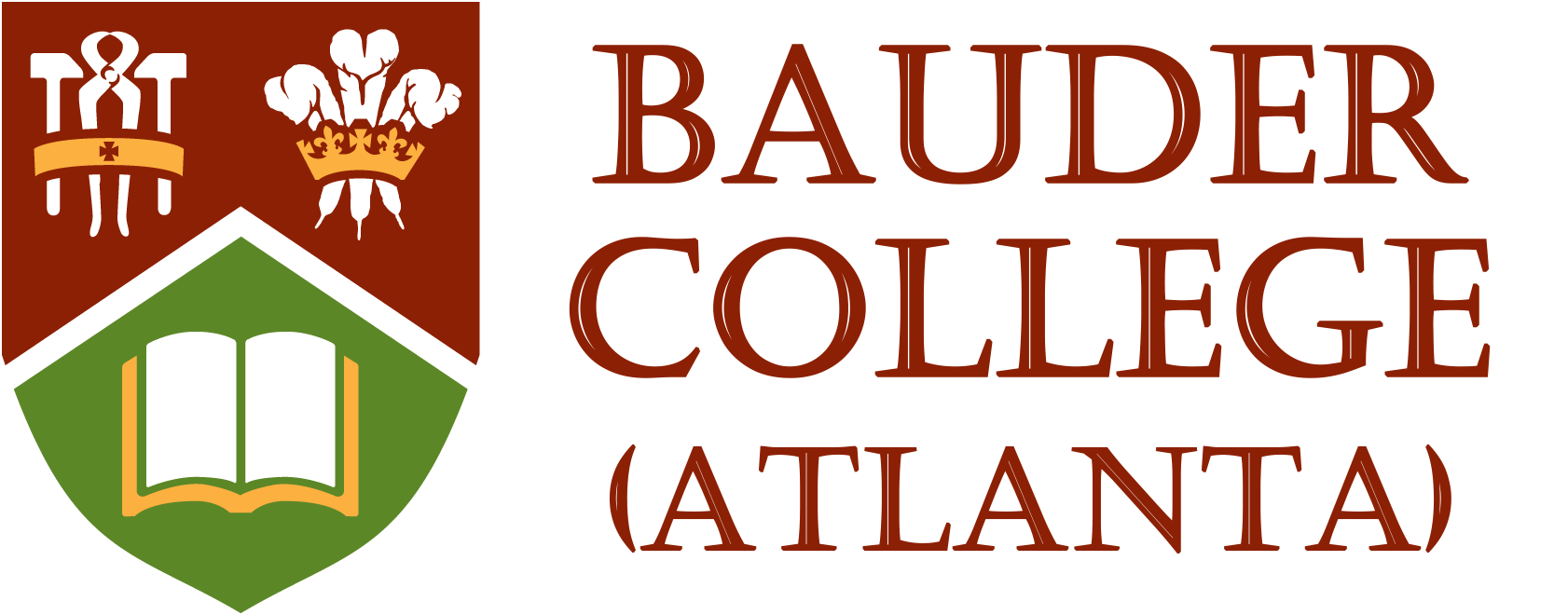Physics is recognized internationally as a great foundational degree for many careers including in science, industry, education, business, law, and medicine. Physics explores many of the deeper mysteries of the universe and can lead to a wide range of intriguing career and employment opportunities.
A key focus of BCA's physics programs is on experiential learning, including opportunities to work with companies and organizations in PEI and across America (co-op program) or to work with physics faculty on campus in summer research positions (major and honours programs). These positions are all paid and they give you a chance to experience different types of jobs, workplace settings and employers, and gain important transferable skills, all while you are a physics student at BCA.
Some of our recent physics graduates have gone on to graduate school, others to medical school, some have received education degrees and are teaching in the school system, some are professors and researchers at Universities, and others are working in industry.
Better than travel




Cameron Hastie's interest in German culture and history made him want to visit the country. BCA gave him the opportunity to do that and more through a study-abroad term and a work term with an industry giant.
The Honours program in Physics is intended to provide research experience at the undergraduate level. It is designed for students who are interested in continuing their studies at the graduate level in Physics or related fields, or who are planning careers where research experience would be an asset.
The Honours program comprises a total of 126 semester hours of course credit, including a research project worth 12 semester hours. A total of at least 60 semester hours of Physics is required (16 courses plus project).
The normal University requirements must be met in addition to the Departmental requirements listed below. Biology 1310-1320 are highly recommended electives.
First Year
- Physics 1110-1120
- Mathematics 1910-1920
- Computer Science 1910
- Chemistry 1110-1120
- Electives (Biology 1310-1320 are highly recommended) (9 semester hours)
Second Year
- Physics 2010
- Physics 2020
- Physics 2120
- Physics 2210
- Physics 2820
- Mathematics 2610
- Mathematics 2910
- Electives (9 semester hours)
Third and Fourth Years
- Physics 3010
- Physics 3120
- Physics 3220
- Physics 3720
- Physics 4020
- Physics 4120
- Physics 4210
- Physics 4410 OR Physics 4430
- Physics 4900
- Mathematics 3010
- At least one additional Math course at the 3000 or 4000 level (3 semester hours)
- Electives, at least one of which must be an additional Physics course at the 3000 level or above (21 semester hours)
Entrance Requirements
For admission to the program, students must normally have a minimum average of 70% in all previous courses and a minimum average of 75% in all previous Physics courses.
Acceptance will be contingent upon the student finding a project supervisor, and the Department’s assessment of the student’s suitability for the program. Students interested in doing Honours should consult the Department Chair as early as possible, normally before the beginning of the student’s third year, and no later than January 31 of the third year. Before registering for Physics 4900, the student must have been accepted into the Honours program, and the project topic must be approved by the Department.
To graduate with Honours in Physics, the student must maintain a minimum average of 75% in all Physics courses combined. Students must also maintain a minimum overall average of 70% in each of the four years of study.
Students can specialize in Medical and Biological Physics within the Honours in Physics program.
First Year
- Physics 1110-1120
- Mathematics 1910-1920
- Chemistry 1110-1120
- Computer Science 1910
- Biology 1210-1230 OR Biology 1310-1320
- Electives (3 semester hours)
Second Year
- Physics 2010
- Physics 2020
- Physics 2120
- Physics 2210
- Physics 2430
- Physics 2820
- Mathematics 2610
- Mathematics 2910
- Electives (6 semester hours)
Third and Fourth Years
- Physics 3010
- Physics 3120
- Physics 3220
- Physics 3420
- Physics 3520
- Physics 3720
- Physics 3910
- Physics 4020
- Physics 4120
- Physics 4210
- Physics 4410 OR Physics 4430
- Physics 4900
- Mathematics 3010
- At least one additional Math course at the 3000 or 4000 level
- Electives, at least one of which must be an additional Physics course at the 300 level or above (Biology 2260 and Biology 4010 are highly recommended, if Biology 121-123 NOT taken.) (12 semester hours)
The honours research project will be relevant to Medical or Biological physics.
Students who intend to major in Physics are advised to consult the Department before registration. The normal University requirements must be met in addition to the Departmental requirements listed below. In exceptional cases, courses may be taken in a different sequence provided that the pertinent prerequisites are fulfilled or permission is granted by the Department.
First Year
- Physics 1110-1120
- Mathematics 1910-1920
- Chemistry 1110-1120
- Computer Science 1910
- Electives (Biology 1310-1320 are highly recommended) (9 semester hours)
Second Year
- Physics 2010
- Physics 2020
- Physics 2120
- Physics 2210
- Physics 2820
- Mathematics 2610
- Mathematics 2910
- Electives (9 semester hours)
Third and Fourth Years
- Physics 3120
- Physics 3220
- Physics 3720
- Physics 4410 OR Physics 4430
- Physics—Four additional Physics courses taken at the 3000 level or above, but at least one must be above the 3000 level. (12 semester hours)
- Electives (Mathematics 3010 is highly recommended) (33 semester hours)
Students can specialize in Medical and Biological Physics within the Honours Major in Physics program.
First Year
- Physics 1110-1120
- Mathematics 1910-1920
- Chemistry 1110-1120
- Computer Science 1910
- Biology 1210-1230 OR Biology 1310-1320
- Electives (3 semester hours)
Second Year
- Physics 2010
- Physics 2020
- Physics 2120
- Physics 2210
- Physics 2430
- Physics 2820
- Mathematics 2610
- Mathematics 2910
- Electives (6 semester hours)
Third and Fourth Years
- Physics 3120
- Physics 3220
- Physics 3420
- Physics 3520
- Physics 3720
- Physics 3910
- Physics 4410 OR Physics 4430
- Physics-One additional Physics course taken at the 400 level. (3 semester hours)
- Electives (Biology 2260 and Biology 4010 are highly recommended. Mathematics 3010 is highly recommended) (33 semester hours)
Students enrolled in the Engineering Diploma program may wish to take additional Physics courses and work towards a Bachelor of Science degree. Students intending to enter this program should consult the Physics Department for detailed advice on course selection.
First Year
- Physics 1110-1120
Second Year
- Physics 2010
- Physics 2020 (for students enrolled in the Engineering Diploma Program, this may be replaced by Engineering 3210)
- Physics 2210
- Physics 2820
Third and Fourth Years
- Physics 3120
- Physics—At least seven additional courses taken from the following: Physics 2020 (if not already counted above), 2410, 3010, 3220, 3420, 3610, 3720, 3820, 3910, 4020, 4120, 4140, 4210, 4220, 4410 and Engineering 3420, 3820. At least one of the courses chosen must be at the 4000 level (21 semester hours)
The student must also complete all the requirements for the Engineering Diploma, and take sufficient courses (including Engineering courses) to satisfy the general requirements for a University degree. A total of 120 semester hours of credit is required.
Students in the Minor Program in Physics must complete a total of 21 semester hours of Physics including:
- Physics 1110 – 3 hours
- Physics 1120 – 3 hours
- Physics 2210 – 3 hours
- Four additional Physics courses (12 semester hours) at the 2000 level or above.
Students intending to do a Minor in Physics are advised to take Mathematics 1910-1920 instead of 1120.
Students in the Minor Program in Medical and Biological Physics must complete a total of 21 semester hours of course credit, including these four (4) core Physics courses:
General Physics for the Life Sciences:
- Physics 1210 Physics for Life Sciences I or Physics 1110 General Physics I - 3 hours
- Physics 1220 Physics for Life Sciences II or Physics 1120 General Physics II - 3 hours
- Physics 2220 Modern Physics for Life Sciences or Physics 2210 Modern Physics - 3 hours
- Physics 2430 Physics of the Human Body - 3 hours
In addition, three electives (9 semester hours) must be chosen from the following suite of courses:
Foundations of Medical and Biological Physics:
- Physics 2420 introduction to Biomechanics - 3 hours
- Physics 3420 Introduction to Biomedical Physics - 3 hours
- Physics 3510 Advanced Biomechanics - 3 hours
- Physics 3520 (formerly 4420) Biomedical Imaging - 3 hours
- Physics 3910 Radiation Detection and Measurement - 3 hours
- Biology 3530 Human Anatomy and Histology - 3 hours
- Biology 4010 Human Physiology & Pathophysiology - 3 hours
- QEH 2310 Radiographic Physics - 3 hours (available only to students in the Radiography program)
The BCA Co-op Program is an integrated approach to university education which enables students to alternate academic terms on campus with work terms in suitable employment. The success of such programs is founded on the principle that students are able to apply theoretical knowledge from course studies in the workplace and return to the classroom with practical workplace experience. Students who successfully complete all the requirements of the program will have the notation entered on their transcripts and on the graduation parchment.
Students accepted into the program complete at least three paid work terms of normally 14 – 16 weeks duration, but at least 12 weeks, and three professional development courses. Credits earned through completion of work terms are counted as general electives.
The Co-op option is available to full-time students in the Physics Major or Honours program. Applications to the Co-op Education Program are normally made after completion of the first year of study.
Visit the Co-operative Education Program website for more information.


High School Graduates
American High School Equivalency Chart
- Grade 12 Academic English
- Grade 12 Academic Mathematics
- Two Grade 12 Academic Science subjects (acceptable subjects: Chemistry, Biology, Physics, Computer Science, Oceanography, Animal Science, Environmental Science)
- One additional Grade 12 Academic course
Please note: Successful completion of Grade 12 Chemistry (or equivalent) is required as a prerequisite for permission to register in CHEM-1110.
Please refer to the BCA Academic Calendar for complete admissions information.
BCA's undergraduate tuition is the second-lowest in the Atlantic region, and we offer millions of dollars in scholarships and awards.
Tuition
$6,390 per year, based on 30 credit hours ($639 per 3 credit course).
International students pay $7,470 per year in addition to full-time student tuition.
For a complete breakdown of part-time or full-time study as a student in the Faculty of Science, visit our Tuition and Fees page.
Scholarships and Awards
BCA supports you and your educational goals. We administer millions of dollars in scholarships and awards to our undergraduate and graduate students every year. Depending on your faculty or program, and year of study, you may be eligible for available awards.
Search the complete list of scholarships for information and application forms.
Celebrating Student Achievement
Including Guaranteed Entrance Scholarships and Academic Excellence Awards, these awards recognize the academic achievements of all students who meet the eligibility criteria while studying towards their first undergraduate degree.
Visit the Scholarships site for complete information.
BCA has about 250 faculty—exceptional scholars, teachers, and mentors, with more being hired each year as we open new, progressive, and unique programs. But the story isn’t just in the numbers. It’s in the quality of our people. Award-winning faculty from around the globe have made BCA home. Here, you’ll learn directly from these world-class professors and researchers in small classes where you’ll have easy access to them.



